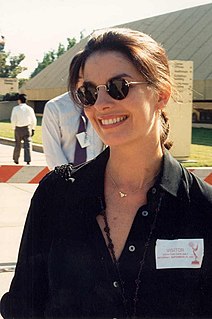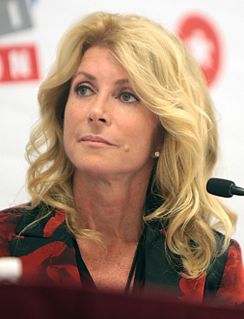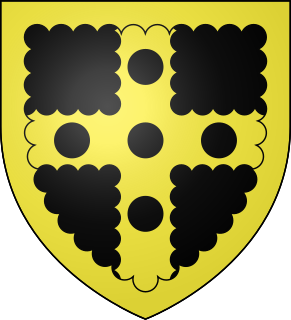A Quote by Pauline Kael
The critical task is necessarily comparative, and younger people do not truly know what is new
Quote Topics
Related Quotes
For Fanon, becoming actional is connected to his idea of a new humanism, which is explicitly critical of European humanism so intimately connected with colonialism. So, it is not simply about finding new concepts from anywhere, but being both critical and self-critical and also being very open to what is happening on the ground.
I think sometimes younger people - not necessarily thinkers and intellectuals and the like, but people who are on social media and who are not as informed as journalists or professional thinkers - may get a bit, you know, impatient with the necessity of sustained thinking, sustained argumentation, sustained dialogue.
... teaching cannot be a process of transference of knowledge from the one teaching to the learner. This is the mechanical transference from which results machinelike memorization, which I have already criticized. Critical study correlates with teaching that is equally critical, which necessarily demands a critical way of comprehending and of realizing the reading of the word and that of the world, the reading of text and of context.




































